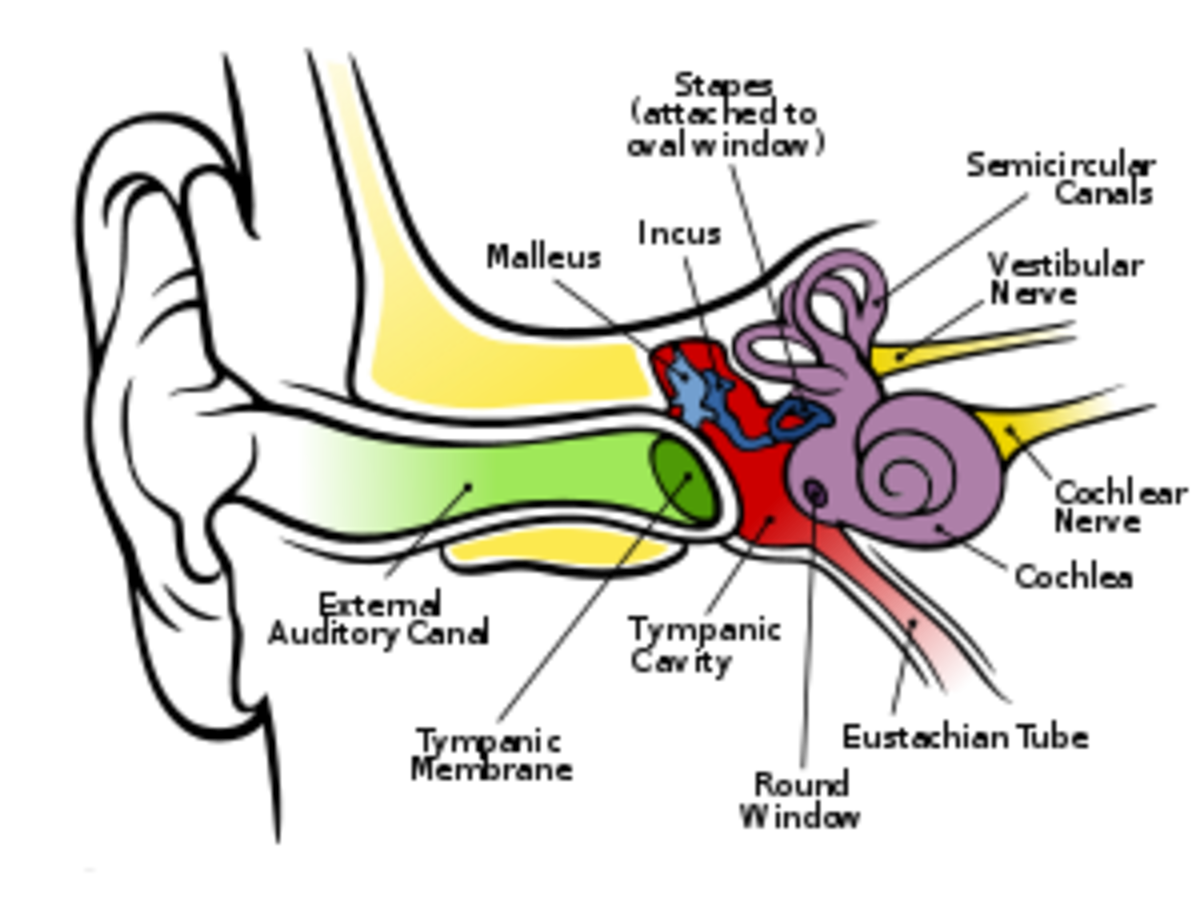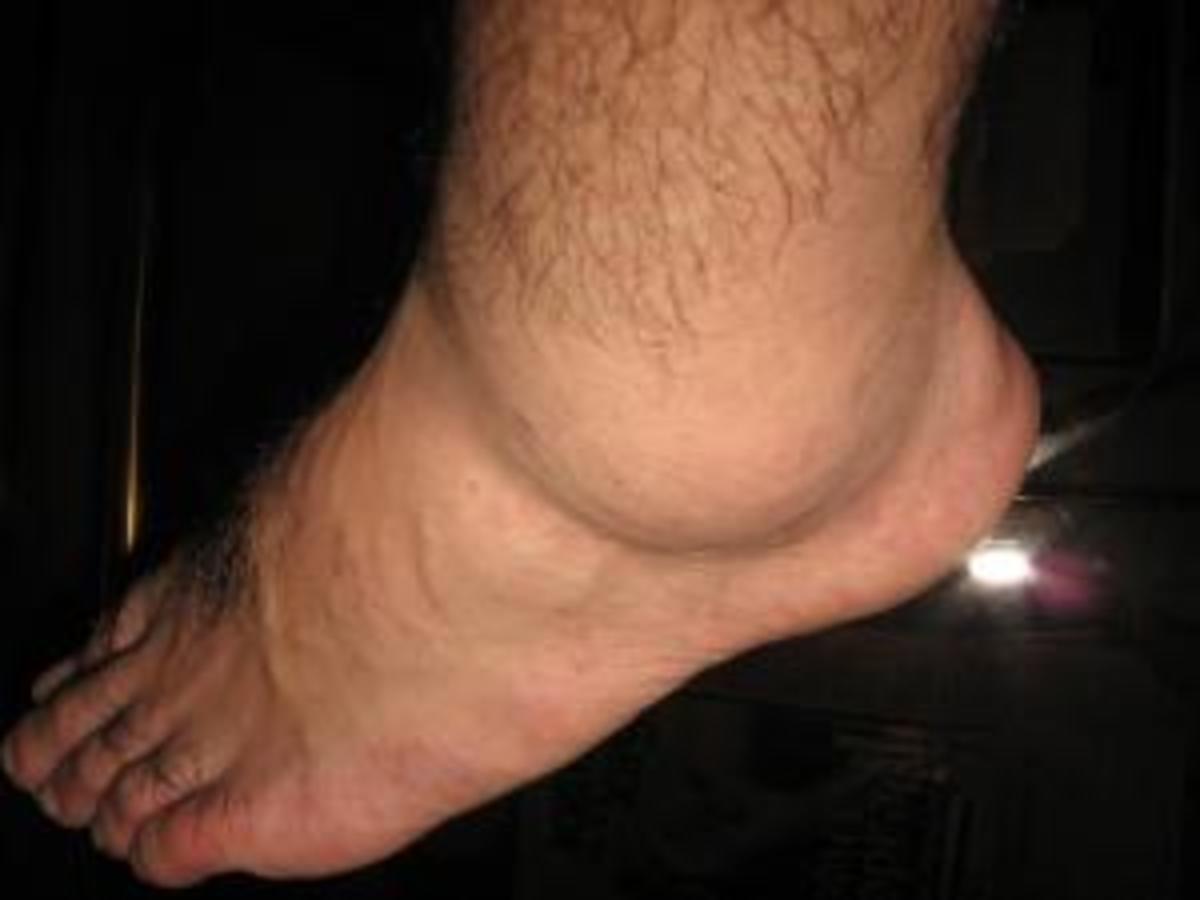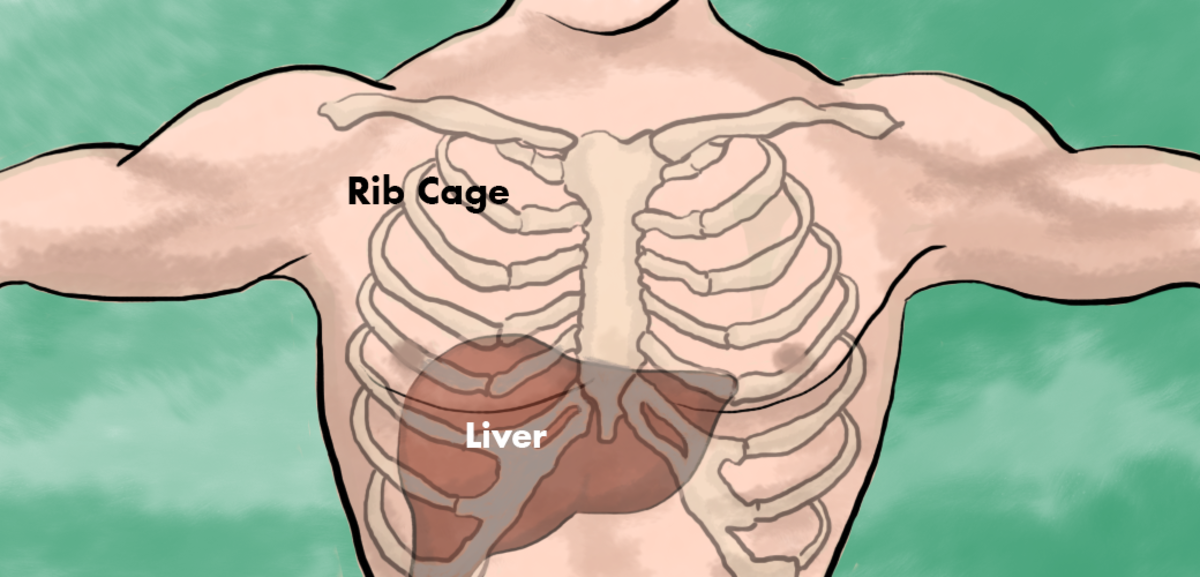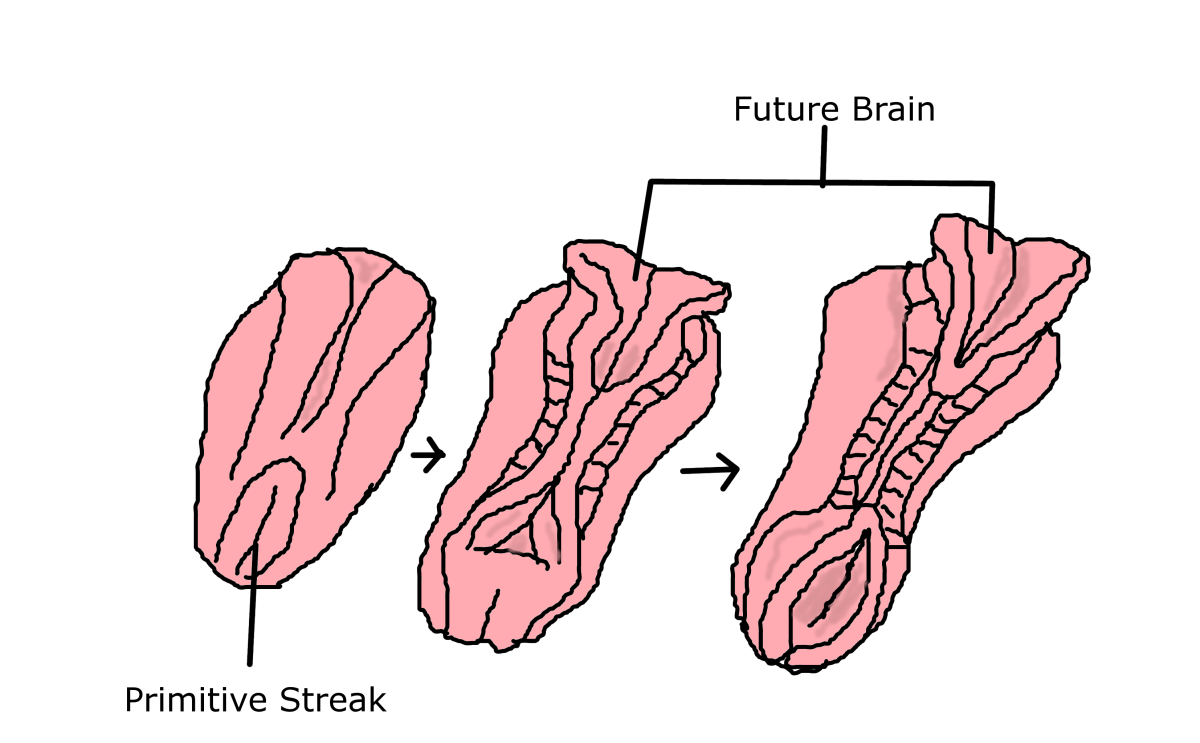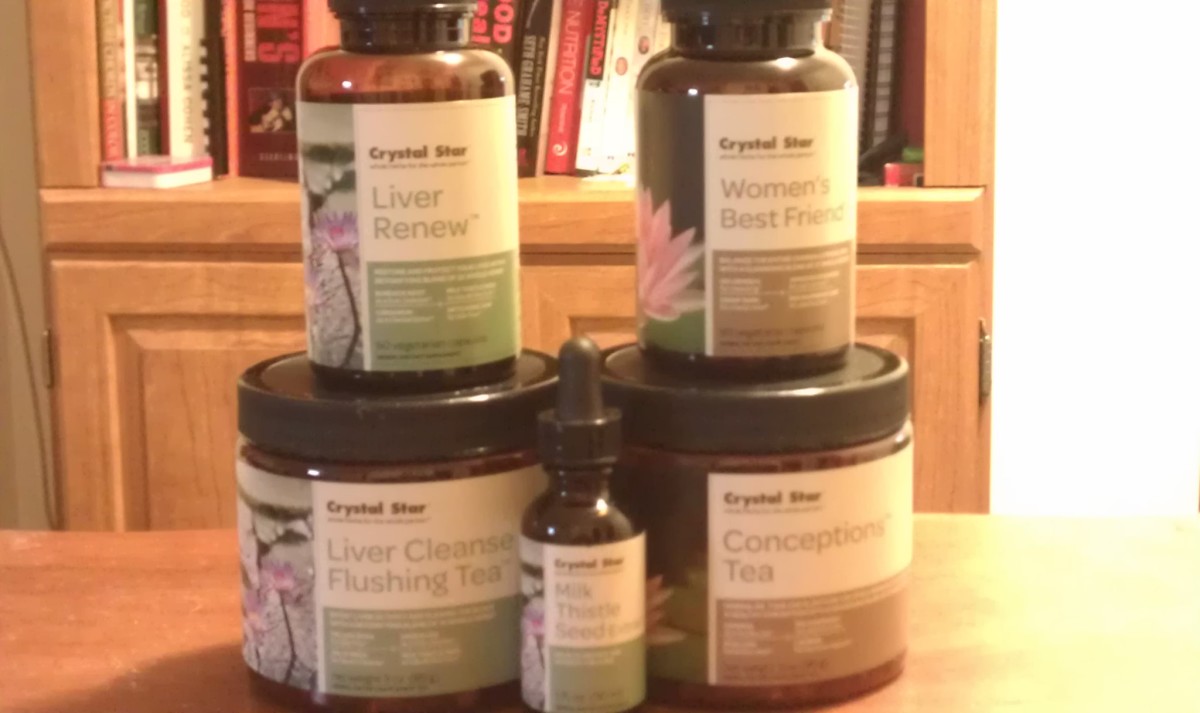- HubPages»
- Health»
- Women's Health»
- Pregnancy
Infertility causes and treatment
Introduction
When it comes to time, it’s a constantly ticking clock that no one can slow down. We all seem to be in a race against time. This could be in the case of getting your homework finished, nailing that presentation for your meeting at work, or simply getting to the shops before closing time. However, there is one race that you’ll normally want to get a head start on, and that’s your biological clock. This is a problem that is primarily related to women since they have a finite number of eggs that they are able to ovulate over time. Whilst there has been some speculation that men can suffer from periods of infertility as they get older, there is no concrete proof at the present time. Due to this, this hub will be focusing on female infertility solely.
Some key causes of infertility
When people think of infertility, they immediately have in their mind that the biggest culprit of this is in women who spend longer durations in their career without taking a break to start a family. This in turn brings to mind various infertility treatments, with the biggest being IVF.
Whilst this is a big problem in the battle against infertility, it’s not the sole reason for it. For many, a poor diet can contribute to the inability of becoming pregnant. Another reason that shouldn’t be overlooked is the fact that the general population as a whole is under a lot of pressure just now to earn as much money as possible. This then stems off into two major problems. Firstly, as mentioned above the lack of a career break results in many women entering the menopause without starting a family thereby greatly reducing the ability to conceive. Secondly, it has been clinically proven that stress can actually prevent ovulation. Thus, if you’re not ovulating then you’re not going to be able to get pregnant.
Another reason may be that there is a genetic trait that prevents you from becoming pregnant due to these faulty genetic variants. The end result of this is the faulty gene will result in the encoding of a faulty protein, which then brings about the abnormal levels of the sex hormones. These hormones have to be kept within their negative balance in order to ensure that you can become pregnant. If they’re too low, or likewise too high it can prevent the menstrual cycle from functioning properly, including the lining of the womb forming properly. In this scenario, no fertilisation will take place that will be able to be sustained for the full term of nine months.
Infertility treatments
Thankfully, there are numerous ways to treat a woman that has the problem of conceiving. As mentioned, IVF is the most commonly used treatment. However, this is not a solution for everyone, with cost being the biggest reason from women adopting this option. One cycle can usually cost around £10,000 and it normally takes two to three cycles before any results are obtained. Although there is also the possibility that there is no pregnancy after the end of the third cycle.
Due to this, many women are turning to complimentary and holistic therapies. These in themselves are seen as great alternatives since they are extremely cost effective and they don’t in general have any nasty side effects. Also, the alternate remedies usually address numerous factors in your lifestyle, with the majority of them suggesting that you abstain from things that can severely prevent you from getting pregnant. This can involve you severely limiting your alcohol intake as well as completely quitting smoking and if you’re taking recreational drugs then these remedies would also suggest that you abstain from them. So not only can these remedies help you get pregnant, but they can also improve your overall health and quality of life. Numerous remedies also implement herbal components which revolve around the use of supplements that can aid in you getting pregnant.
However, I would strongly recommend that before you undertake any campaign using alternative, holistic or herbal remedies that you consult a doctor first to plan out the best possible course for you. There is no one size fits all regime for everyone, but there is a strong list of guidelines that many people can follow.

